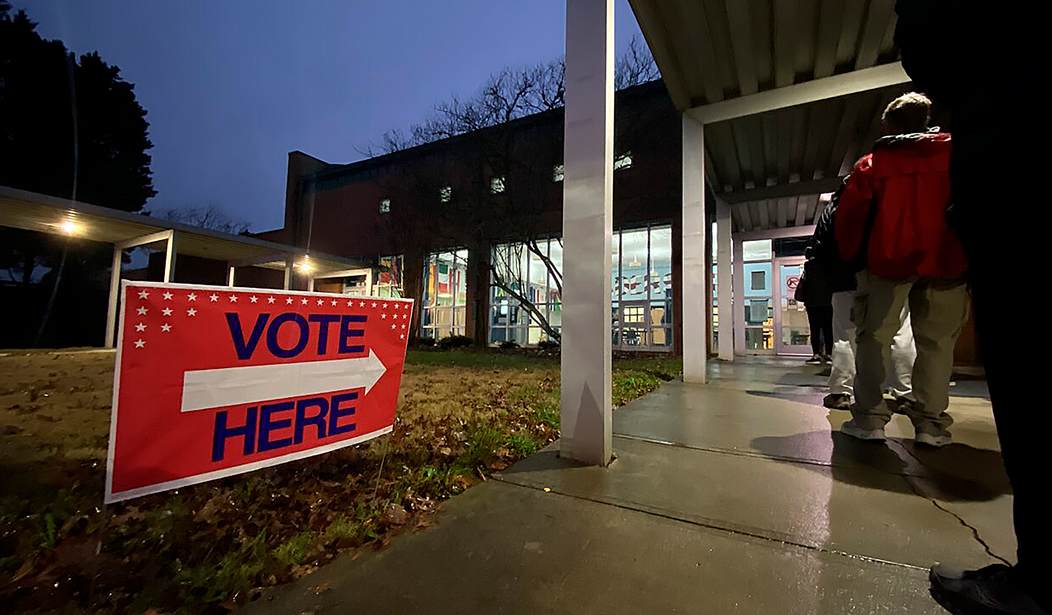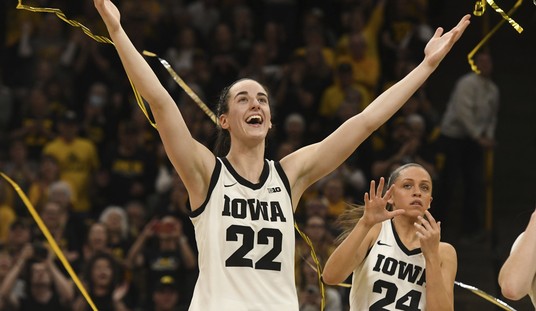A large swath of American citizens do not vote. This has been the subject of discussion for decades as many have pondered the reasons why more people refuse to show up to the polls on election days.
As the nation looks forward to a critical presidential election in November, this question has already re-emerged as a topic of conversation.
Yet, some have taken the wrong lesson from the apparent lack of voter participation and suggested solutions that clearly will not address the problem. Author Glenn C. Altschuler wrote an opinion piece titled “Amend the Constitution to guarantee Americans the right to vote,” in which he misdiagnosis the heart of the issue and argues for a Constitutional amendment that would be about as effective as storing water in a sieve when it comes to encouraging more people to vote.
Altschuler notes that “about 66 percent of eligible voters cast ballots in 2020” and that “46 percent of eligible voters turned out” in the 2022 midterm elections. These numbers represent substantial increases from the norm, but it still shows that a significant number of eligible Americans are not showing up at the polls.
The author points out that “the United States still lags far behind most countries with relatively well-developed economies and democratic traditions,” which includes nations like Colombia, Greece, the United Kingdom, Canada, New Zealand, and Germany.
Then, Altschuler goes on to lay out the reasons why more than a third of Americans do not vote.
Numerous factors explain why so many Americans do not vote. Unlike in most countries, elections in the U.S. are held on Tuesday (not Sunday or a federal holiday), when tens of millions of eligible voters are at work. Dozens of states require approved documentation that voters are who they say they are, a challenge that falls disproportionately on urban areas, poor people, people of color, college students, people without drivers’ licenses and Indigenous people who live on reservations and do not have a residential address.
Many states limit the number of polling places, drop boxes and early voting days; restrict eligibility to cast ballots by mail; and make it difficult for people who have moved within the state during an election year to register in their new district.
In essence, the author simply regurgitated the usual progressive criticisms about the voting process in many states, which just happen to be mostly Republican-dominated. Democrats have argued for years that voter ID laws, fewer drop boxes, and restrictions on early voting are a form of voter suppression that keeps people from participating in the electoral process.
The solution, according to Altschuler, is to pass a Constitutional amendment enshrining the right to vote. He highlights a book written by Richard L. Hasen, professor of law and political science at UCLA, making the case for this amendment.
Hasen endorses a “basic” amendment to the Constitution that he believes would increase turnout, make elections more secure and reduce litigation over them. To increase support from Republicans, independents and supporters of states’ rights, his amendment does not include national nonpartisan administration of elections, an end to the Electoral College, re-enfranchising former felons or granting voting rights to citizens in U.S. territories.
However, a look at the data shows that Altschuler’s entire premise is deeply flawed.
An NPR poll conducted just after the 2020 election found that nonvoters indicated that their reasons for not voting had nothing to do with the issues Altschuler laid out. For starters, the report noted that three-fourths of nonvoters believe “it’s at least somewhat easy to vote.”
However, 23 percent indicated they don’t vote because they are not “interested in politics.” About 20 percent said they did not like any of the candidates, while 16 percent felt that voting “wouldn’t have made a difference.”
Even further, the poll showed that two-thirds believe “voting has little to do with the way that real decisions are made in this country.”
Another poll conducted by YouGov just after the 2022 midterm elections produced similar findings. It showed that 52 percent of nonvoters did not like any of the candidates. Forty-eight percent felt their votes didn’t matter, and the same percentage also said they were “too busy” to vote.
Also noteworthy is that 39 percent indicated that they did not want to have to vote in person. However, if one is motivated to vote, they typically won’t mind showing up to the polls to participate, which further illustrates the true crux of the matter: Nonvoters don’t vote because they don’t want to vote, not because they can’t vote.
The driving factors behind the lack of willingness to participate in the electoral process center on a dissatisfaction with the options that are given to them and the overarching feeling that nothing will change if they vote. A Constitutional amendment will not address either of these issues.
The bottom line is that if we want more people to participate in the electoral process, then we must do better with allowing candidates that might actually affect change to have a fair shot at competing. Currently, it seems that unless a candidate has major funding from corporate interests, along with the favor of the establishment of their party, it is highly unlikely that they will prevail. Many Americans see and understand the game, and they clearly do not like it.
As long as people see that their vote will not go to candidates who will actually make a positive difference, they will not see a reason to show up on Election Day. At this point, it is hard to blame them.













